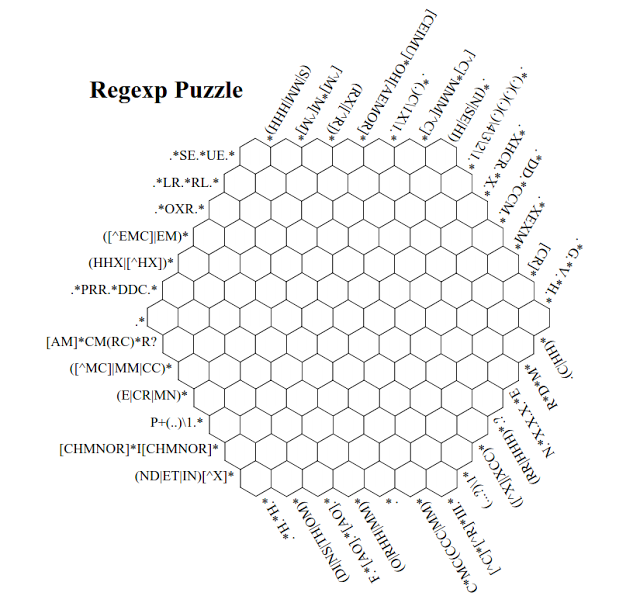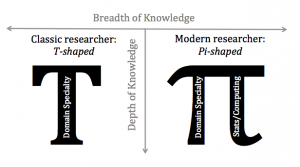New Research Shows How Common Core Critics Built Social Media ‘Botnets’ to Skew the Education Debate by Kevin Mahnken.
From the post:
Anyone following education news on Twitter between 2013 and 2016 would have been hard-pressed to ignore the gradual curdling of Americans’ attitudes toward the Common Core State Standards. Once seen as an innocuous effort to lift performance in classrooms, they slowly came to be denounced as “Dirty Commie agenda trash” and a “Liberal/Islam indoctrination curriculum.”
After years of social media attacks, the damage is impressive to behold: In 2013, 83 percent of respondents in Education Next’s annual poll of Americans’ education attitudes felt favorably about the Common Core, including 82 percent of Republicans. But by the summer of 2016, support had eroded, with those numbers measuring only 50 percent and 39 percent, respectively. The uproar reached such heights, and so quickly, that it seemed to reflect a spontaneous populist rebellion against the most visible education reform in a decade.
Not so, say researchers with the University of Pennsylvania’s Consortium for Policy Research in Education. Last week, they released the #commoncore project, a study that suggests that public animosity toward Common Core was manipulated — and exaggerated — by organized online communities using cutting-edge social media strategies.
As the project’s authors write, the effect of these strategies was “the illusion of a vociferous Twitter conversation waged by a spontaneous mass of disconnected peers, whereas in actuality the peers are the unified proxy voice of a single viewpoint.”
Translation: A small circle of Common Core critics were able to create and then conduct their own echo chambers, skewing the Twitter debate in the process.
The most successful of these coordinated campaigns originated with the Patriot Journalist Network, a for-profit group that can be tied to almost one-quarter of all Twitter activity around the issue; on certain days, its PJNET hashtag has appeared in 69 percent of Common Core–related tweets.
The team of authors tracked nearly a million tweets sent during four half-year spans between September 2013 and April 2016, studying both how the online conversation about the standards grew (more than 50 percent between the first phase, September 2013 through February 2014, and the third, May 2015 through October 2015) and how its interlocutors changed over time.
…
Mahnken talks as though creating a ‘botnet’ to defeat adoption of the Common Core State Standards is a bad thing.
I never cared for #commoncore because testing makes money for large and small testing vendors. It has no other demonstrated impact on the educational process.
Let’s assume you want to build a championship high school baseball team. To do that, various officious intermeddlers, who have no experience with baseball, fund creation of the Common Core Baseball Standards.
Every three years, every child is tested against the Common Core Baseball Standards and their performance recorded. No funds are allocated for additional training for gifted performers, equipment, baseball fields, etc.
By the time these students reach high school, will you have the basis for a championship team? Perhaps, but if you do, it due to random chance and not the Common Core Baseball Standards.
If you want a championship high school baseball team, you fund training, equipment, baseball fields and equipment, in addition to spending money on the best facilities for your hoped for championship high school team. Consistently and over time you spend money.
The key to better education results isn’t testing, but funding based on the education results you hope to achieve.
I do commend the #commoncore project website for being an impressive presentation of Twitter data, even though it is clearly a propaganda machine for pro Common Core advocates.
The challenge here is to work backwards from what was observed by the project to both principles and tactics that made #stopcommoncore so successful. That is we know it has succeeded, at least to some degree, but how do we replicate that success on other issues?
Replication is how science demonstrates the reliability of a technique.
Looking forward to hearing your thoughts, suggestions, etc.
Enjoy!






